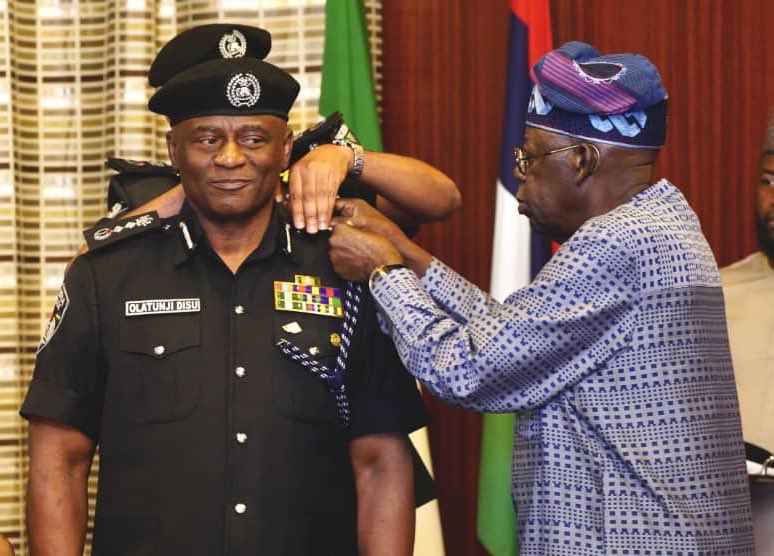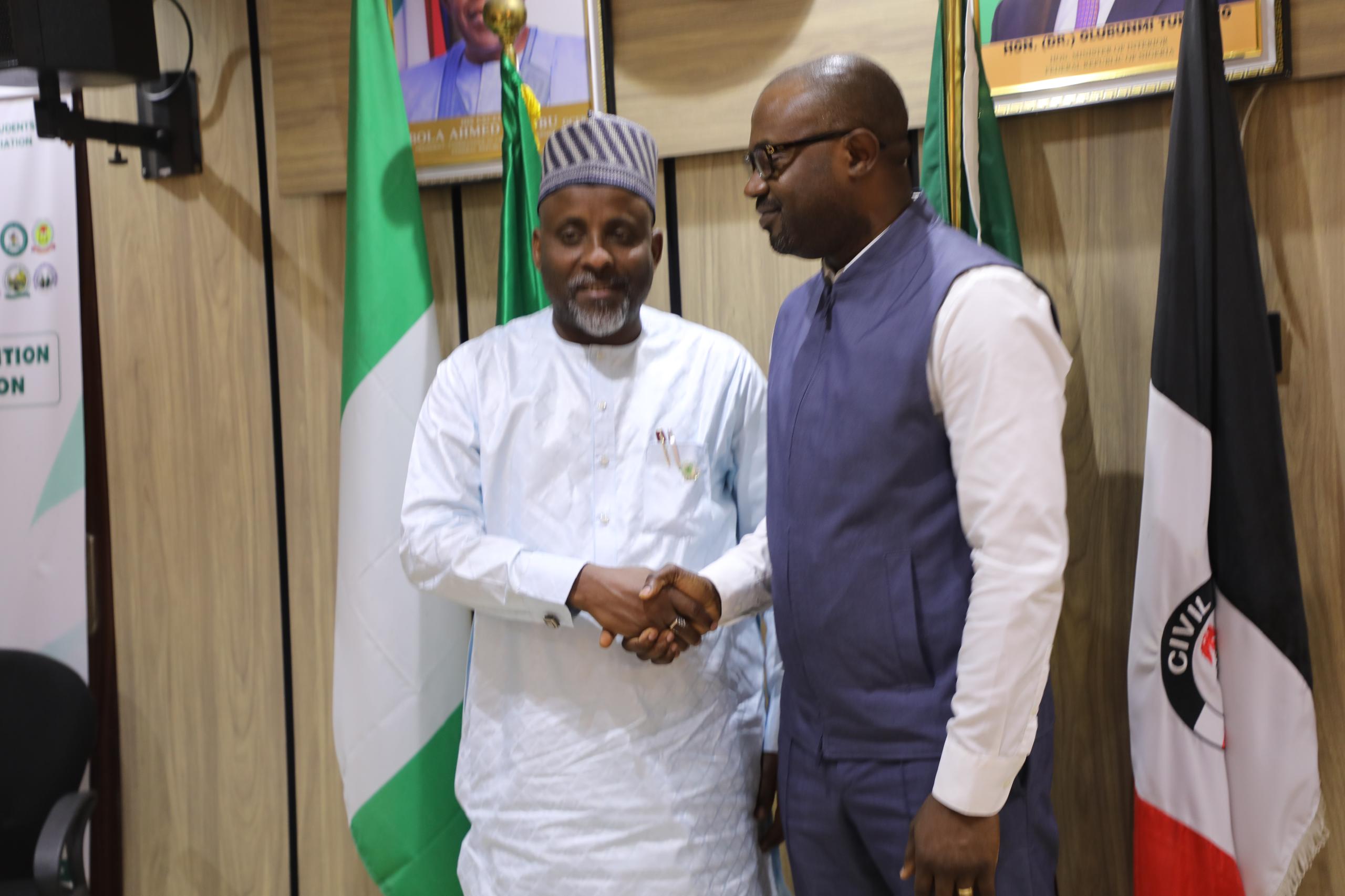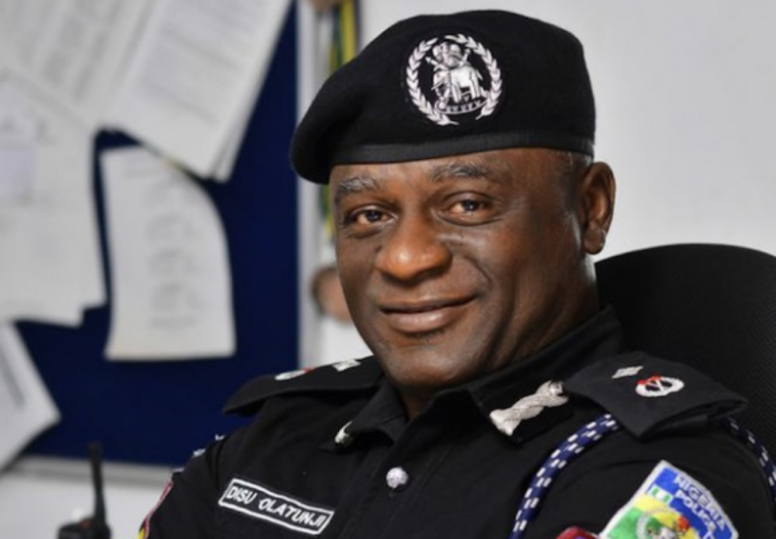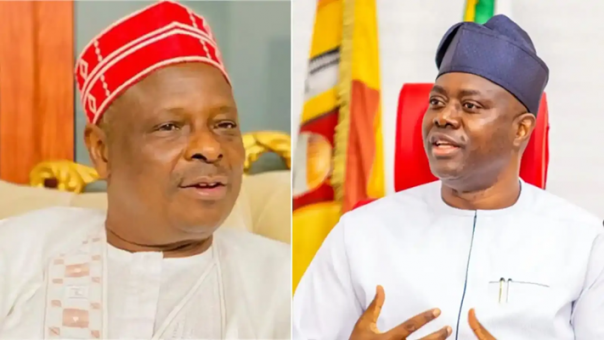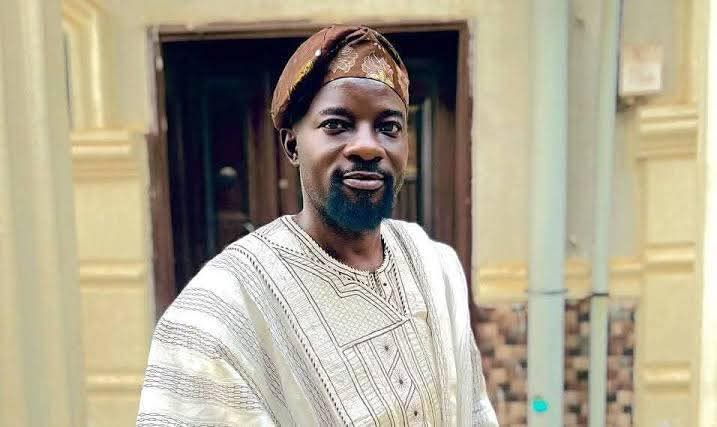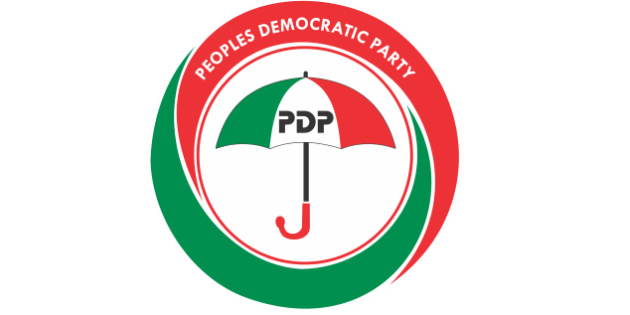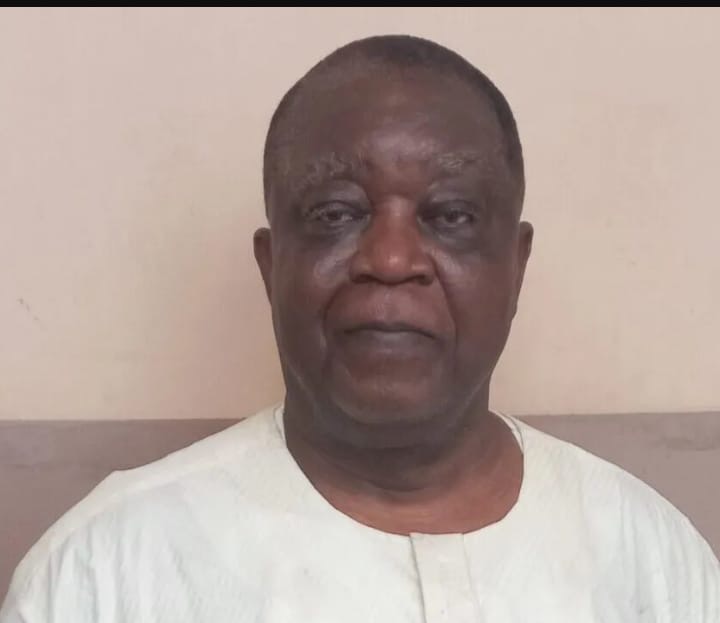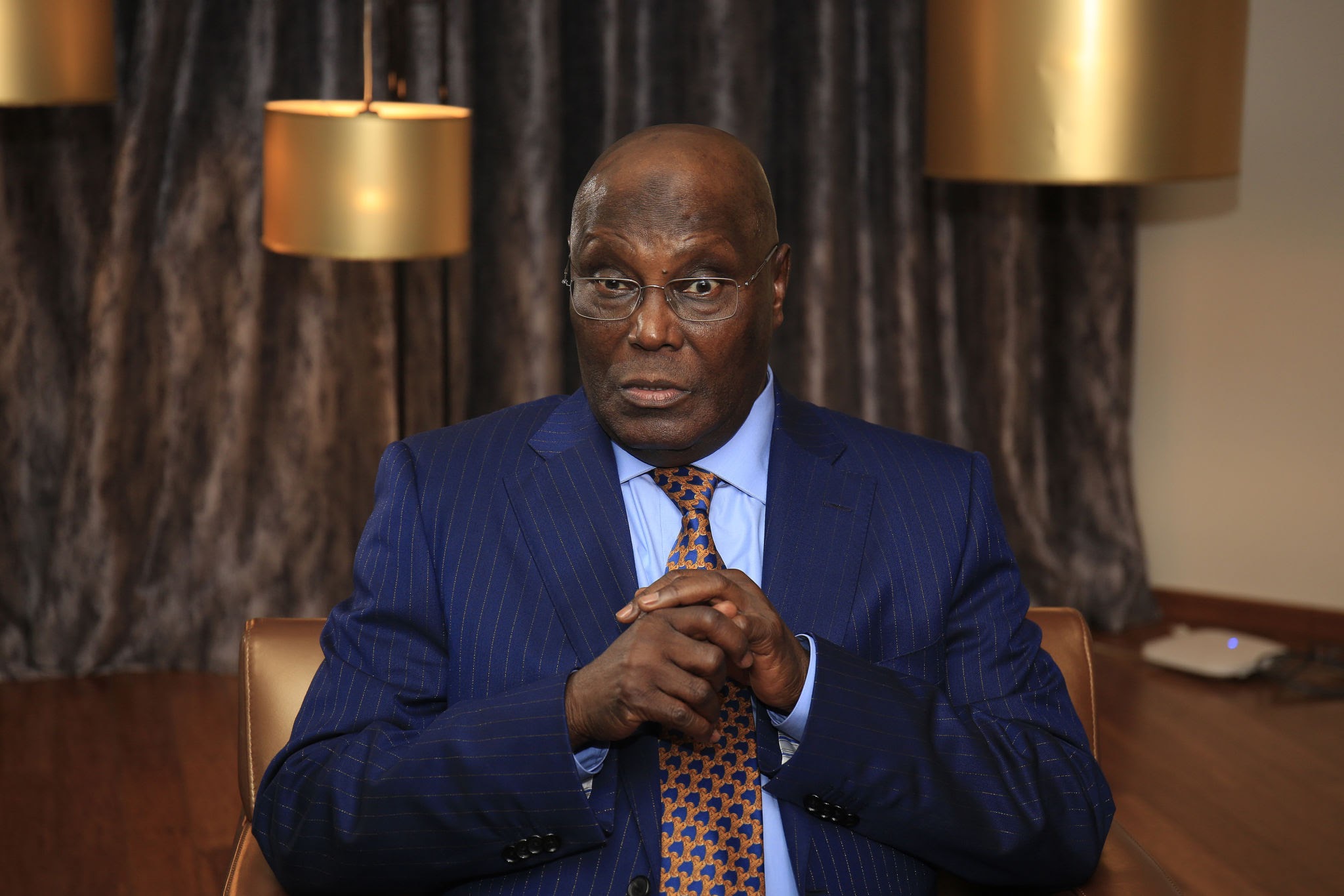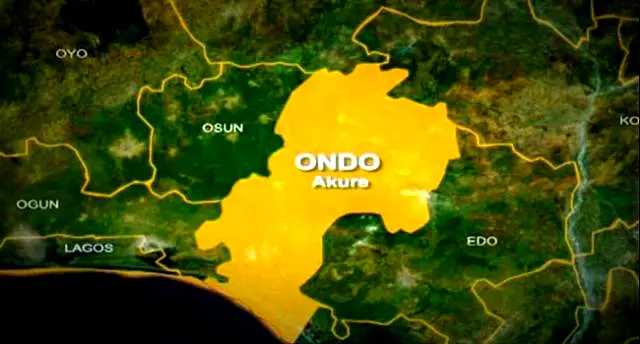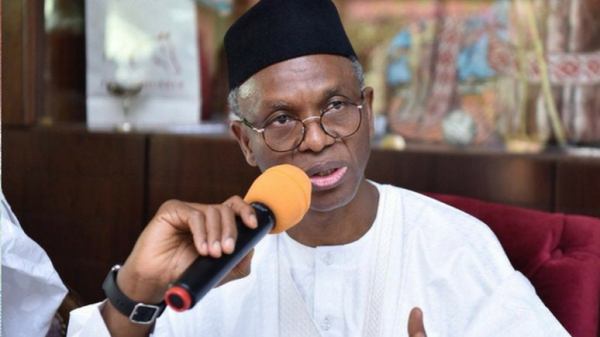World News
Guinea-Bissau heads to the Polls amid fears of instability, missing opposition
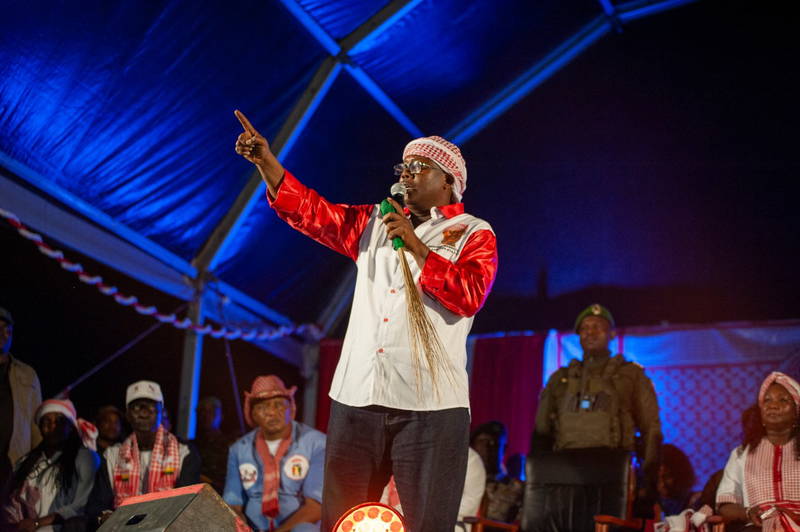
Guinea-Bissau will elect its next president on Sunday in a crucial vote that many citizens hope will end decades of coups, political unrest, and economic hardship. But the election is already drawing concerns, especially with the country’s main opposition party missing from the ballot.
About 860,000 registered voters are expected to choose from 12 presidential candidates, including the incumbent, President Umaro Sissoco Embalo, who is widely favoured to win a second five-year term. Voters will also elect 102 members of parliament — a chamber President Embalo dissolved in December 2023.
The small West African nation remains one of the poorest in the world, with over 40% of its 2.2 million people living in extreme poverty. Its modern history is overshadowed by political turbulence: four coups, several failed coup attempts, and repeated government collapses.
“Our parents fought to liberate this country, but the heirs have destroyed everything for personal gain,” said 30-year-old teacher Djibril Sanha in Bissau. “We don’t want to hear about violence or coups anymore. Enough is enough.”
This is also the first election in the country’s history where the PAIGC — the party that led the independence struggle and dominated politics for decades — will not appear on the ballot. The Supreme Court disqualified the party, its presidential candidate Domingos Simoes Pereira, and its coalition, Pai Terra Ranka, for submitting their paperwork late.
Fears of Tension After Voting
Beyond the question of political stability, many voters say they want the next president to fix the country’s failing services — from health care and education to infrastructure and job creation — and to tackle corruption, drug trafficking, and rising poverty.
But Lucia Bird, a specialist with the Global Initiative Against Transnational Organized Crime, doubts the elections will bring lasting peace. She warns that, as in 2019, claims of irregularities may surface after results are announced.
“In Guinea-Bissau, problems usually arise after elections,” said Bird, noting the country’s repeated history of post-election disputes and unrest.
Embalo’s strongest rivals are former president Jose Mario Vaz and Fernando Dias, an opposition candidate now backed by PAIGC and Pereira. Embalo and Vaz remain the only leaders in the past 30 years to finish their terms without being overthrown.
Opposition figures have already accused the government of “manipulating the electoral process,” following the Supreme Court’s disqualification of PAIGC’s candidates.
Bird says Embalo’s advantage heading into the vote is clear. “He was able to run his campaign without restrictions, unlike the opposition, which faced significant limitations,” she noted, including a lack of funding and barriers to organising rallies.
Embalo has claimed multiple coup attempts during his first term, including one authorities say was foiled in late October — just hours before the official start of campaigns. His time in office has seen several major crises, including the dissolution of parliament in 2023 and protests earlier this year by opponents who insisted his term had ended on February 27.
Despite the political tension, the campaign period has remained largely peaceful, with candidates travelling across the country in motorcades. More than 6,780 security personnel — including forces from ECOWAS — have been deployed to maintain calm during and after the vote.
Guinea-Bissau’s last election in 2019 was fiercely contested, with both Embalo and Pereira claiming victory. Embalo eventually secured recognition from ECOWAS.
AFP
-
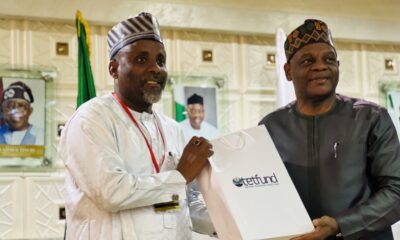
 Uncategorized2 days ago
Uncategorized2 days agoNUJ partners TETFUND on improved educational development, seek more funding for sector
-
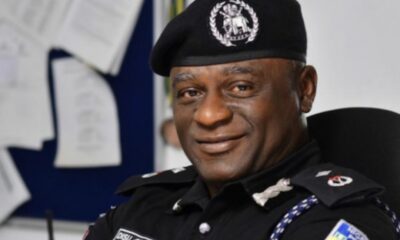
 Feature1 day ago
Feature1 day agoBiography of Tunji Disu, the newly appointed Inspector-General of Police
-
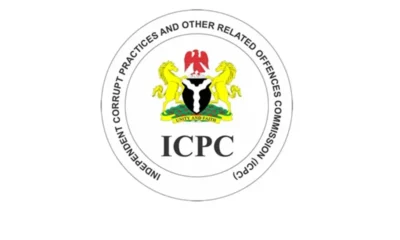
 News2 days ago
News2 days agoICPC arraigns Ebonyi official over alleged N61m fraud
-
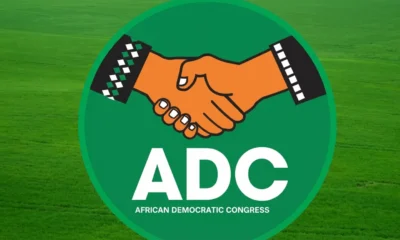
 News2 days ago
News2 days agoCrisis rocks ADC in Edo as party leaders shut out of Odigie-Oyegun’s meeting
-
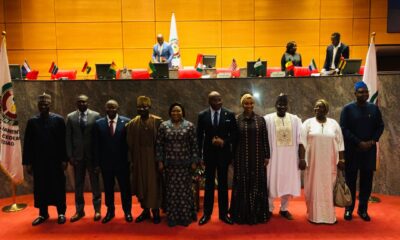
 News2 days ago
News2 days agoECOWAS Parliament Urges stronger democracy, faster AfCFTA implementation
-
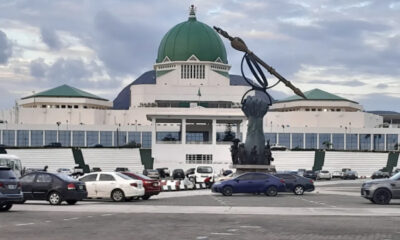
 Uncategorized2 days ago
Uncategorized2 days agoBREAKING :Nass shifts plenary Resumption to March 5
-
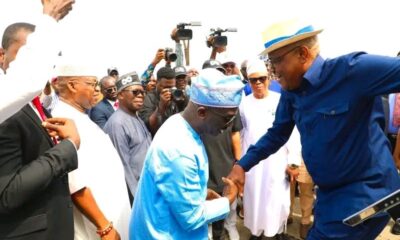
 News2 days ago
News2 days agoOkpebholo has laid foundation for Tinubu’s re-election – Wike
-
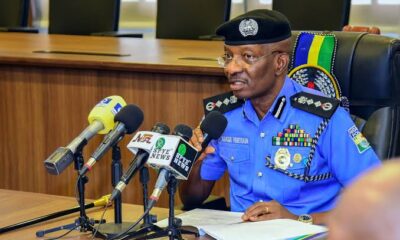
 National News1 day ago
National News1 day agoBREAKING: Tinubu removes IGP Egbetokun, names successor

